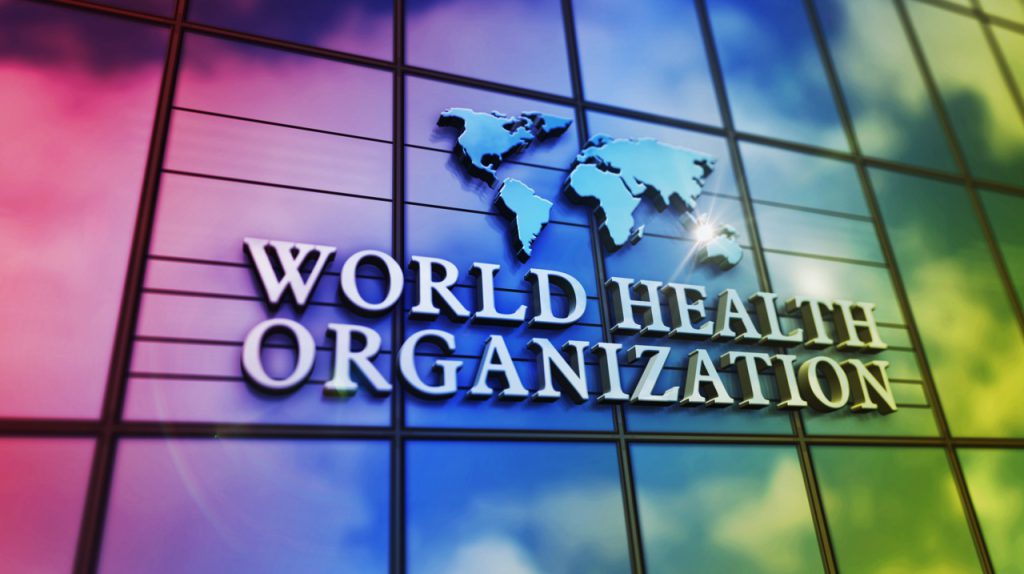Is there a secret to longevity? This health expert says 1,000% yes
In the era of social media, post-COVID, and with mental health at the forefront, a shift is taking […]

The World Health Organisation’s Director-General, Tedros Adhanom Ghebreyesus, urged countries at the annual assembly of the U.N. agency to initiate necessary reforms to gird themselves for potential future pandemics. This comes in the wake of the 194 member states’ landmark decision to green-light a budget of $6.83 billion for 2024-25. This significant financial decision highlights a shift away from a model perceived as underfunded and excessively dependent on donors’ capricious contributions. This freshly approved budget incorporates a 20% hike in mandatory fees from member states, a preliminary agreement reached last year. This increase is in exchange for a commitment to reforms, encompassing areas of budget, governance, and finance policies.
This pressing appeal comes weeks after the official declaration concluding the global emergency status of the COVID-19 pandemic. “We cannot kick this can down the road,” urged Ghebreyesus, emphasising the urgency of advancing negotiations to prevent future pandemics. His poignant message highlighted the inevitable eventuality of another pandemic. He challenged the assembly, “If we do not make the changes that must be made, then who will? And if we do not make them now, then when?”
The 10-day annual World Health Assembly in Geneva, which coincides with the WHO’s 75th anniversary, aims to discuss global health challenges including future pandemics, eradication of polio, and strategies to alleviate Ukraine’s health emergency induced by Russia’s invasion.
The World Health Organisation’s 194 member states have embarked on the drafting of a potentially transformative pandemic treaty, which is slated for consideration at next year’s assembly. This document could redefine global responses to future health crises. Tedros Adhanom Ghebreyesus, the WHO’s Director-General, underscored the significance of this generation’s commitment to the creation of such an accord. Having lived through the harrowing experiences of the COVID-19 pandemic, this generation understands first-hand the devastating impact that a tiny virus can inflict. Their experiences, Tedros argued, impart a unique perspective and a pressing urgency to formulate a robust plan against potential future pandemics.
This new pandemic treaty is designed to bolster the world’s resilience against new pathogens, learning from the aftermath of COVID-19, which tragically claimed nearly 7 million lives. This important endeavour aims to refine international mechanisms and responses in the face of future pandemics.
Currently, the WHO operates under binding rules known as the International Health Regulations (IHR), enacted in 2005. The IHR stipulates countries’ responsibilities in relation to public health events with the potential for cross-border implications. These responsibilities encompass immediate reporting of a health emergency to the WHO, along with provisions for trade and travel measures.
Introduced in response to the 2002-2003 SARS outbreak, the IHR has been deemed suitable for managing regional epidemics, such as Ebola. However, the global reach and devastating impact of the COVID-19 pandemic exposed the IHR’s limitations when dealing with worldwide health crises. Consequently, these regulations are undergoing a comprehensive review in the light of the lessons learnt from COVID-19.
In a significant development, member states have reached a consensus that the impending pandemic treaty should be legally binding for those who endorse it. This pivotal decision overcame early reservations from the United States. The creation of such a legally binding treaty reflects a shared commitment among nations to better prepare and respond to global pandemics in the future, upholding the principle of collective health security.

In the era of social media, post-COVID, and with mental health at the forefront, a shift is taking […]

With its fast speeds and revolutionary potential, 5G stands out as a noteworthy milestone in the field of […]